Bio-degradable cards
Every card imaginable!
|
Bio-degradable cards Every card imaginable! Blood Group B Insights Health Risks and Why You Need a Blood Type Card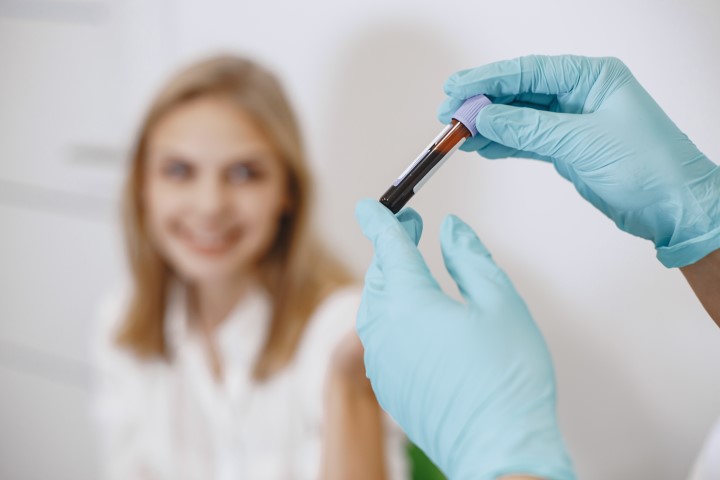
Blood Group B ExplainedBlood Group B is one of the four main blood types that form the cornerstone of medical science. It's a key part of the ABO system, which was first established by scientist Karl Landsteiner back in 1901. Your blood type is defined by the unique combination of tiny markers on your red blood cells, known as antigens, and the defensive proteins, called antibodies, found in your blood's plasma. For someone with Blood Group B, the makeup is very specific:
These anti-A antibodies are like tiny guards floating in your plasma, ready to attack any foreign Type A blood that enters your system. This specific combination of B antigens and anti-A antibodies gives Group B blood its distinct and important roles in blood donation and transfusion. This article will explore what it means to have Group B, why its donors are so needed, and the specific ways it's used to save lives. 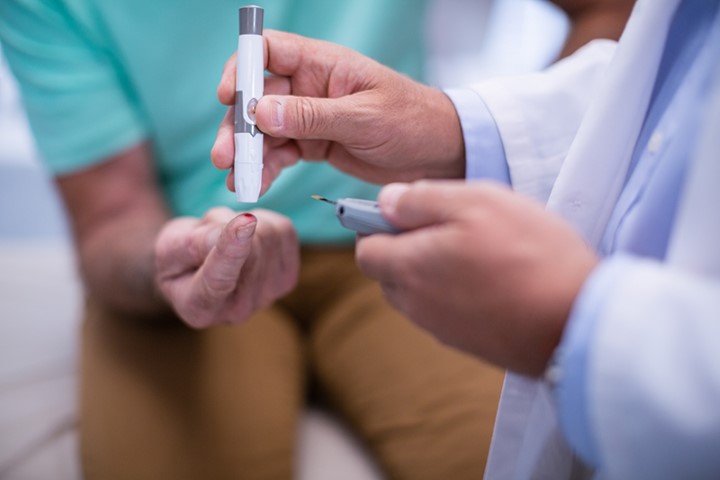
The Significance of Blood Group BBlood Group B is critical in medicine because its compatibility rules define a specific and important role in the transfusion process, both for giving and receiving blood. Compatibility: Who Can You Help?Because your red blood cells carry the B antigen, your blood can only be safely given to people who can accept that B marker.
This means that people with Group B blood are important for supporting two of the four main blood types. Compatibility: Who Can Help You?When you are the patient and need a transfusion, your anti-A antibodies are the limiting factor. They will attack any A-antigen cells.
This versatility in receiving blood from both B and O donors is a major advantage in emergency situations, offering doctors more options when every minute counts. The Need for Type BDespite being less common in many Western countries, the need for Group B blood is constant. Hospitals must always maintain an adequate supply to treat their B and AB patients, and every B donor directly contributes to filling that vital need. Knowing your blood type and the rules of compatibility is the first step in understanding the critical role you play in the world of transfusion medicine. 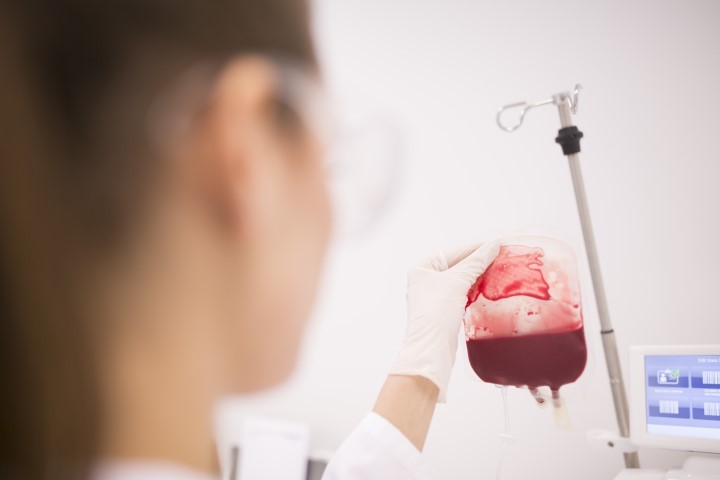
Global Distribution of Blood Group BThe frequency of Blood Group B is a fascinating topic because it shows how different our genetic makeup is across the world. Unlike Blood Group O, which is common everywhere, Group B has a very uneven distribution. Where Group B is Most CommonGlobally, Group B is much more prevalent in certain regions, reflecting patterns of ancient human migration and genetic diversity:
Where Group B is Less CommonIn contrast, Group B is one of the rarer types in places like Western Europe and North America. Why This Matters for Blood BanksThis geographical variation has a huge impact on how blood banks operate:
Ultimately, regardless of where you live, if you have Group B blood, your donation is essential to maintain a stable and diverse blood supply capable of treating everyone. 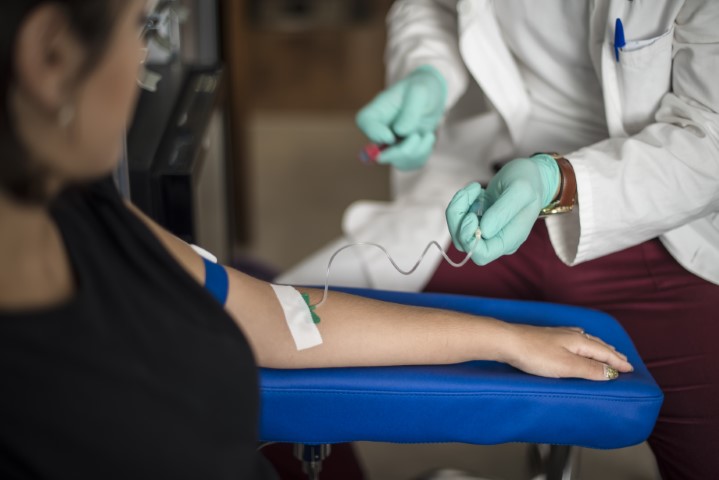
Health Implications Associated with Blood Group BMedical research has shown that your blood type is more than just a label for transfusions; it might also play a subtle role in your overall health profile. For people with Blood Group B, some studies have noted a few interesting patterns regarding health risks. It is absolutely essential to approach this information with caution: these are general findings from large populations, and they do not mean you are destined to get any specific condition. Your lifestyle, diet, genetics, and environment are still the overwhelming factors that determine your health. What Research Suggests for Group B
These findings are valuable to the scientific community as they help prompt further research into personalised healthcare. For you as an individual, the main takeaway is simple: use this knowledge as a reminder to focus on living a healthy lifestyle, and continue to have regular conversations with your doctor about your complete health picture. 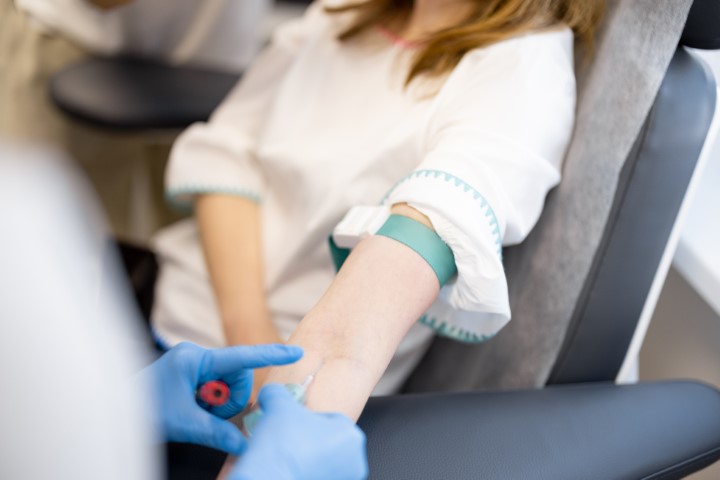
The Role of Blood Group B in Personal Health ManagementKnowing your blood type is far more than a simple fact on a medical chart; it’s a crucial piece of your own personal health puzzle. If you are Blood Group B, this knowledge allows you to be a more informed partner in managing your care. A Piece of the Health PuzzleUnderstanding your blood type can influence several key areas of your well-being:
The Myth of Blood Type DietsYou may hear about "blood type diets" that suggest people with Group B should eat a wide range of foods, including meat, dairy, and grains. While these diets are popular with some, it's important to know that scientific evidence supporting them is limited. A balanced diet is healthy for everyone, regardless of blood type. Any personal health or dietary decision should always be made in consultation with a qualified doctor or nutritionist, not based on your blood group alone. Ultimately, the true value of knowing you are Group B is to empower yourself. It helps you prepare for emergencies and have more comprehensive discussions with your healthcare team about the best path forward for your long-term health. The Difference Between B- and B+Just like with other blood groups, the B group is split into two distinct types by the Rhesus (Rh) factor. This factor is where the plus (+) or minus (-) sign comes from, and it changes how your blood can be given and received. What is the Rh Factor for Group B?The Rh factor is simply another antigen—a third flag—on the surface of your red blood cells.
How the Rh Factor Changes Your Donation RoleThe plus or minus sign is crucial in transfusion medicine, especially for red blood cell donations:
In short, while both B+ and B- are key donors for B and AB patients, B- is considered a highly critical donation due to its extreme rarity and versatility in emergency situations. Blood Group B Cards by The Card Project UKIf you are a member of the Group B family, whether you are B Positive (B+) or B Negative (B-), carrying that information with you is a smart, responsible choice. Your blood type plays a distinct and important role, and knowing it is the first step toward better emergency preparedness. At The Card Project UK, we create simple, professional ID cards for all blood types, including a dedicated card for B+ and a dedicated card for B-. These cards are designed to be a personal, practical tool to speak for you in those critical moments when you are unable to speak for yourself. Why Carry a B+ or B- Card?Our credit card-sized cards are made from durable, biodegradable plastic, ensuring they last while aligning with a commitment to the environment. They serve two essential purposes:
Whether you are B+ (a key donor for the positive population) or B- (one of the rarest and most needed types), your blood group matters immensely. Getting your Blood Group B card today is a small action that can make a big difference in ensuring your safety and assisting healthcare providers when it counts the most.
© 2024 The Card Project Uk Ltd
VAT: 453 2087 06
|